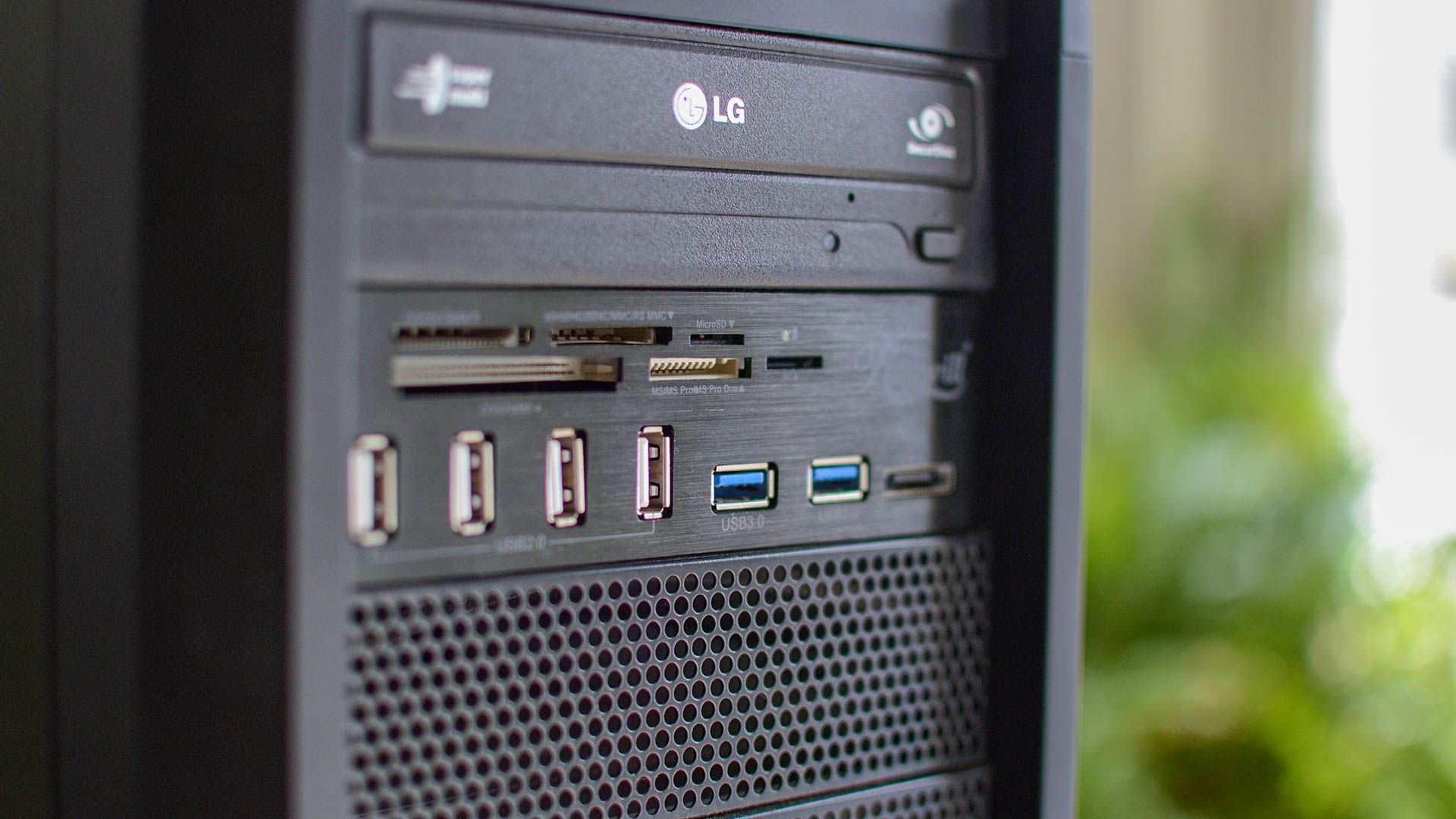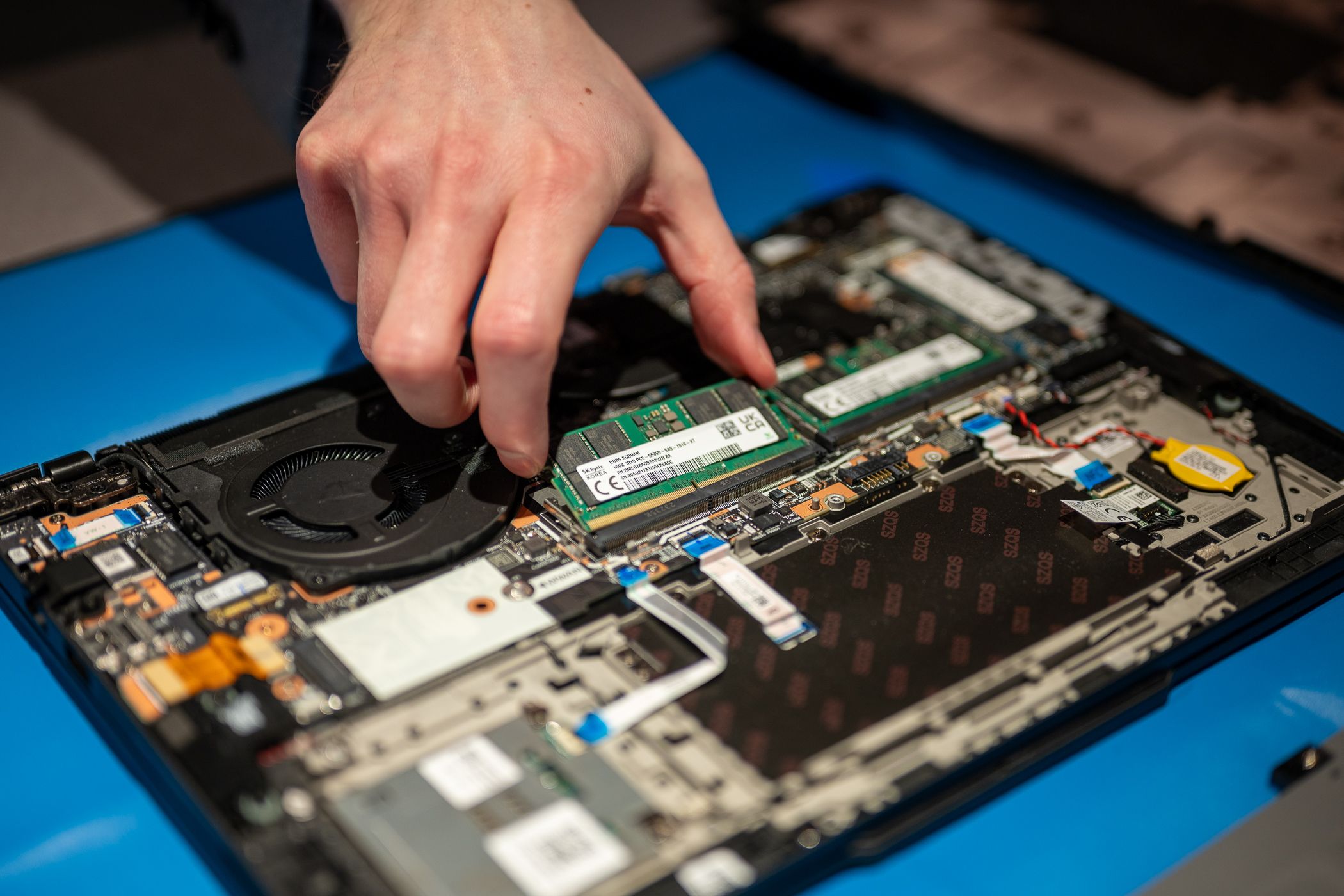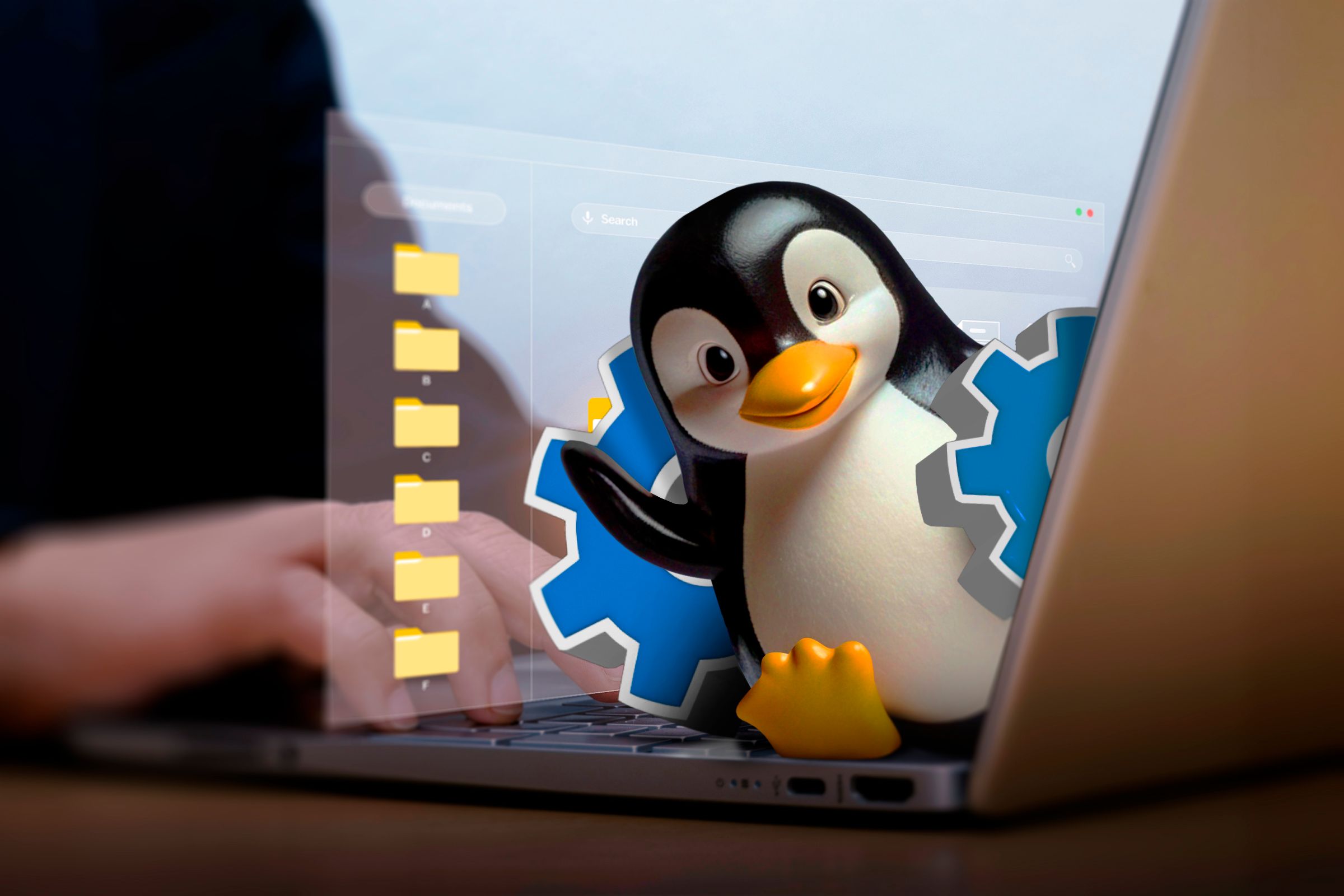Summary
- Windows 11 hardware requirements leave millions of PCs obsolete in October 2025.
- Businesses dumping PCs in online auctions (and dumpsters) creates an opportunity to acquire affordable, powerful machines for running Linux.
- A Linux OS revitalizes old devices, offers open-source software, and ensures continued security updates. And it’s free!
E-waste? More like free stuff! Businesses are about to start dumping their perfectly fine (and sometimes powerful) PCs because Windows 11 won’t run on them. But Linux will.
Windows 10 Is Almost Obsolete, and Many PCs Won’t Run Windows 11
It’s critical that businesses run the latest software on their devices to receive support, maintain the security of their infrastructure, and protect their users’ data. Windows 11 is the most recent version of the Windows operating system, but it has some very specific hardware requirements that aren’t met by many PCs businesses already own and, because of this, they have largely stuck it out with the aging Windows 10.
Windows 10, however, is about to reach its end of life on October 14, 2025. This means Microsoft will stop supporting it and releasing security patches and feature updates for the operating system, unless you pay an incredibly steep fee for extended security updates (at a price that most will balk at).
It’s estimated that over 240 million PCs will be rendered obsolete on this date. Obsolete, that is, for Windows use. Linux will keep them working for years to come for media and creative work, hosting servers, and even gaming.
Turning a Crisis Into an Opportunity (For You)
When a business upgrades its PC fleet, one of two things usually happens to all the old hardware after the IT department has picked through it: It goes in the bin, or it gets dumped on online auction sites at rock-bottom prices.
This has always been my go-to for getting cheap but sufficiently powerful hardware, and the rising cost of importing electronics makes upcycling old business kit increasingly appealing. Ex-business machines make great servers, media centers, and productivity machines. Ex-business laptops are usually in good condition, and some of them will have low battery cycles after spending most of their time docked at an employee’s workstation rather than on the road. Ex-business ThinkPads are a favorite of many tech-inclined people who want a rugged, cheap laptop.
As there’s about to be a lot of second-hand PCs on the market, sellers will hopefully be incentivized to move inventory quickly. If you live near a business district, you might even start to see PC hardware appear next to office dumpsters, ready for the taking (legally, of course).
What to Do With an Ex-Business Machine to Make It a Linux Powerhouse
Before you buy an ex-business machine, check the specs and make sure it’s not too old. Many sellers will overstate how powerful a machine is. Make sure that there are no passwords or BIOS locks enabled as well, as you don’t want to receive a machine that you don’t have full control over.
When your “new” device arrives, make sure you thoroughly wipe it, reset the password, and disable any enterprise management features so it can’t phone home to its previous owner. If you’ve got a bit of extra spending money, consider adding some RAM and an SSD to give it a cost-effective speed boost. If you’ve picked up a portable device and the battery isn’t what it used to be, affordable replacements can usually be found online.
You’ll probably also need to give it a thorough dusting with some compressed air or an anti-static brush.
Then, it’s time to find a Linux OS (known as a distribution or distro) that’s a good fit for you. There are media center distros suited for browsing your movie collection on your big-screen TV, gaming-centric distros like CachyOS and the soon-to-be-released SteamOS, plus proven, reliable desktop distros including Ubuntu and Fedora for productivity and web browsing. You can also set up your own home server to reduce your reliance on the cloud.

Related
5 Interesting Things You Can Use Your Old Desktop PC For
If you’ve upgraded beyond your old PC, don’t throw it away. Repurpose it for something fun.
Business PCs come in different form-factors, from mini PCs that can be tucked behind your TV, all-in-ones that respect your desk space, and giant towers that can hold multiple hard disks for your own home grown NAS box. An old mini PC running shairport-sync has even made its way into my shed with a pair of old, beige speakers for streaming music.
Linux Can Revive Your Old Devices
If your Windows PC or laptop is starting to show its age, but you aren’t looking to make any purchases, Linux can help too. Back up your files, and install a lightweight Linux distro to give your older hardware a new lease on life.
Then, you can check out all the best open-source office and creative software, media production tools, and games Linux has to offer. And it’ll be a long, long time before your Linux operating system stops getting critical updates.





